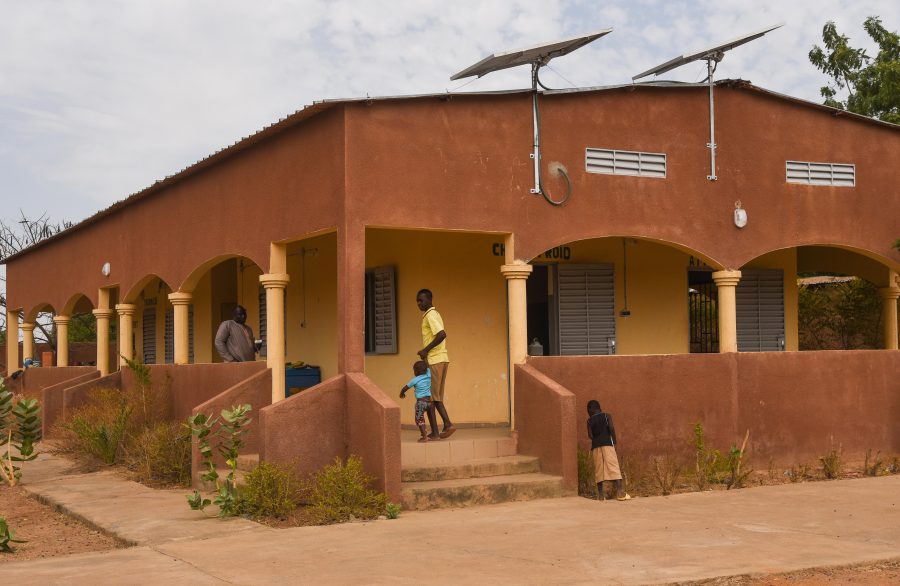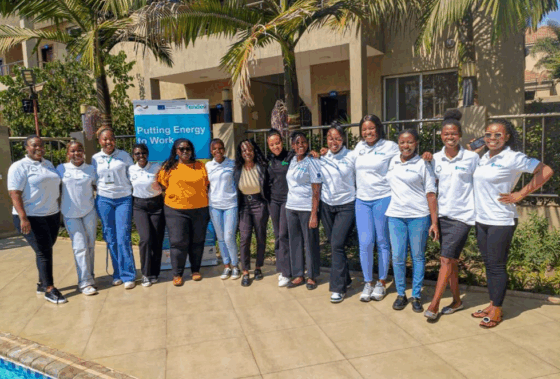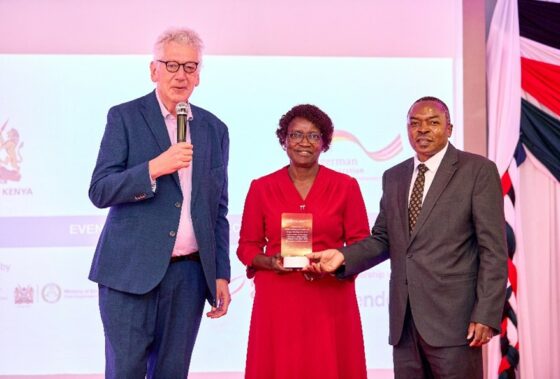Result-Based Financing (RBF) Projects that Leave No One Behind

EnDev has published a guide on the inclusive design of RBF projects, drawing on its extensive experience with the topic. This guide offers insights into how various aspects of the Leave No One Behind (LNOB) principle, including gender considerations, can be integrated into the planning and implementation of energy access initiatives. Aimed at practitioners in the sector, the guide explores strategies for strengthening LNOB considerations and illustrates these strategies with practical examples from EnDev’s RBF projects.
To achieve Sustainable Development Goal 7 (SDG 7) by 2030, prioritising the LNOB Agenda is essential for attaining universal energy access. While EnDev has consistently worked to provide vulnerable groups with access to modern energy, LNOB became an explicit objective in its programming for 2023-2025. By 2025, EnDev aims for more than 25% of the additional beneficiaries to come from underrepresented LNOB groups, underscoring its commitment to truly inclusive energy access.
Recognising the critical role of RBF in this context, EnDev is leveraging this instrument to effectively reach LNOB customers. EnDev identifies four groups of LNOB customers: 1) the poorest of the poor, 2) refugees, internally displaced persons (IDPs), and host communities, 3) women and girls, and 4) other groups, such as people with disabilities, the elderly, indigenous peoples, and any other severely marginalised groups who have been left behind in terms of energy access.
Leveraging RBF for Inclusive Market Growth and Lasting Social Impact
The principal benefit of RBF projects is that they enable implementers to steer market development by offering incentives for specific achievements, such as encouraging the private sector to engage with vulnerable customer groups who would otherwise remain unserved. By addressing these specific market gaps, EnDev can enhance access for underrepresented populations, ensuring they are actively included in energy access initiatives.
With over a decade of experience in designing and implementing RBF projects, EnDev has realised numerous co-benefits, particularly for women and marginalised communities. However, there remains significant scope to embed LNOB considerations more intentionally within all RBF initiatives. This guide serves as a practical resource for designing RBF projects that leave no one behind. By exploring the potential for more inclusive RBF projects, EnDev reaffirms its commitment to addressing discrimination, the exclusion of vulnerable groups, and existing inequalities.
Practical Strategies for Incorporating LNOB at Every Phase of RBF Project Design
Organised around the different phases of RBF planning and implementation, each section of this guide examines strategies for enhancing LNOB considerations. It advises on pursuing LNOB objectives at two distinct levels: at the customer level (e.g., RBF incentives paid to an energy service provider to improve the affordability or accessibility of energy goods) and at the company level (e.g., RBF incentives paid to an energy appliance provider to reward specific LNOB outcomes within the company’s operations, such as the inclusion of women in the workforce). Real-world examples from EnDev’s country projects bring these strategies to life, showcasing successful LNOB-focused RBF initiatives that practitioners can adapt to their own contexts.

